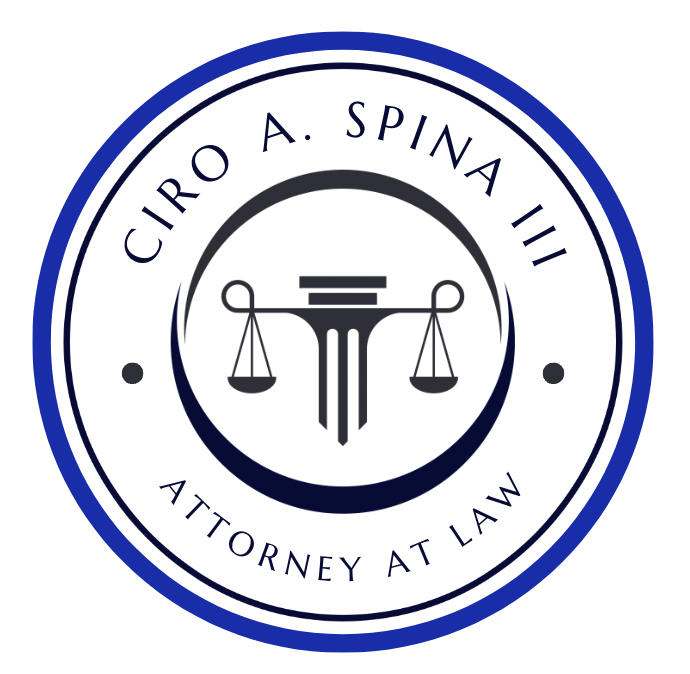Raising a child comes with significant financial responsibilities, and when parents are separated or divorced, child support ensures that the child’s needs are met. In New Jersey, child support laws are designed to protect the best interests of the child while ensuring that both parents contribute fairly to their upbringing. Whether you are a custodial or non-custodial parent, understanding New Jersey’s child support laws is essential.
What Is Child Support?
Child support is a court-ordered payment made by one parent to the other to contribute to the financial needs of their child. It is meant to cover essential expenses such as food, housing, education, healthcare, and other necessary costs associated with raising a child.
In New Jersey, child support is not just a legal obligation—it is a responsibility that both parents share. The amount and duration of child support are determined by specific guidelines set by the state.
How Is Child Support Calculated in New Jersey?
New Jersey uses the Child Support Guidelines, a formula-based approach that considers multiple factors to determine how much support a parent must pay. These guidelines take into account:
- Income of Both Parents: The combined income of both parents is a major factor in the calculation. This includes wages, bonuses, commissions, rental income, and other earnings.
- Number of Children: The more children involved, the higher the support obligation.
- Custodial Arrangement: The amount of time each parent spends with the child affects the support calculation. The non-custodial parent generally pays support to the custodial parent.
- Healthcare Costs: Medical insurance, co-pays, and other health-related expenses are factored into the calculation.
- Childcare Costs: If one parent incurs daycare or babysitting costs due to employment, those expenses are included.
- Extraordinary Expenses: Special needs, educational expenses, and extracurricular activities may be considered.
New Jersey courts use a Child Support Worksheet to determine the exact amount of support. However, judges have the discretion to deviate from the guidelines if unique circumstances warrant an adjustment.
 Who Pays Child Support in New Jersey?
Who Pays Child Support in New Jersey?
The parent with whom the child spends the most time is generally entitled to receive child support. The non-custodial parent—the one who spends less time with the child—makes the payments.
However, in cases of shared parenting (where both parents have the child for similar amounts of time), the court may adjust the child support order to reflect the shared financial responsibility.
How Long Does Child Support Last?
In New Jersey, child support does not automatically end when the child turns 18. Instead, it continues until the child is considered emancipated, meaning they are financially independent.
A child is typically not considered emancipated if they:
- Are still in high school.
- Are attending college full-time.
- Have a disability that prevents them from being self-sufficient.
However, once the child reaches 19, child support will automatically terminate unless the receiving parent requests an extension by proving the child still requires financial support.
In cases where a child attends college, the court may order continued support, sometimes requiring parents to contribute to tuition and related expenses.
Modifying Child Support Orders
Life circumstances change, and a child support order may need to be modified due to:
- A significant change in income (job loss, pay increase, disability).
- A change in custody arrangements (if the child starts living with the other parent more often).
- The child’s needs evolving (such as new medical expenses or educational costs).
Either parent can request a modification by filing a motion in family court, but they must provide evidence of the changed circumstances.
What Happens If a Parent Fails to Pay Child Support?
Failure to pay child support in New Jersey has serious consequences. The state enforces child support orders through the Probation Child Support Enforcement Unit, which has the authority to take actions such as:
- Wage Garnishment: The court may deduct payments directly from the non-paying parent’s paycheck.
- Tax Refund Interception: The state can seize federal and state tax refunds to cover unpaid support.
- License Suspension: The non-paying parent’s driver’s license or professional license may be suspended.
- Passport Denial: If unpaid child support exceeds $2,500, the parent may be denied a passport.
- Bank Account Seizure: The court may freeze or seize funds from the parent’s bank account.
- Contempt of Court: A parent who refuses to pay child support can face fines or even jail time.
If you are unable to meet your child support obligations, it is critical to contact the court immediately rather than allowing arrears to accumulate.
Can Parents Agree on a Different Support Amount?
Parents can agree on a different child support amount than what the guidelines suggest, but the agreement must be approved by the court. The judge will ensure that the agreed-upon amount still meets the child’s financial needs before granting approval.
What If the Other Parent Is Not Following the Order?
If a custodial parent is not receiving court-ordered support, they can:
- Request enforcement through the state.
- File a motion in court to hold the other parent accountable.
On the other hand, if a non-custodial parent believes they are paying too much or unfairly contributing, they can petition the court for a modification.
How to Apply for Child Support in New Jersey
To apply for child support, a parent must:
- File an application with the New Jersey Child Support Program (available online or at a local family court).
- Provide financial documentation, including income statements and childcare expenses.
- Attend a court hearing, where a judge will establish the support order.
Parents can also establish paternity through DNA testing if necessary before a support order is issued.
Understanding New Jersey’s child support laws is essential for both custodial and non-custodial parents. The system ensures that children receive financial support from both parents, helping them grow in a stable environment.
Whether you are seeking support, modifying an order, or facing enforcement issues, it’s crucial to stay informed and proactive. If you are uncertain about your child support obligations, consulting with a family law attorney can provide clarity and ensure your rights and responsibilities are protected.
Looking for a Great Family Court Attorney in New Jersey?
Other Posts:
How Is Child Custody Determined in NJ?
The Role of a Divorce Attorney: What to Expect from Legal Representation

